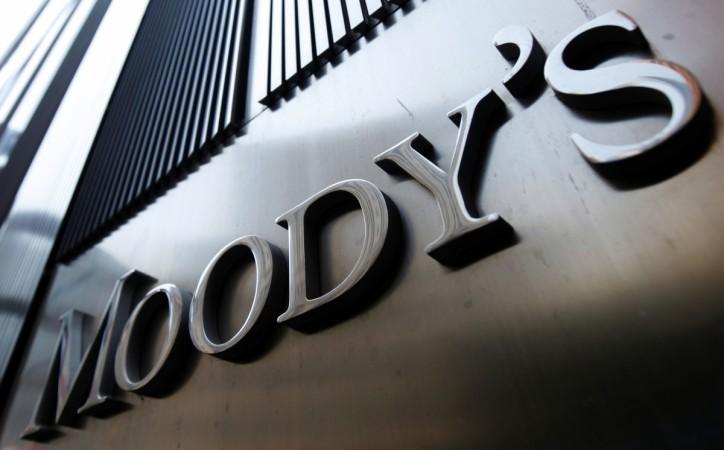The second wave of infections presents a risk to Moody's growth forecast for India as the reimposition of virus management measures will curb economic activity and could dampen market and consumer sentiment.
Moody's said retail and recreation activity across India had dropped by 25 per cent as of 7 April compared with 24 February, according to Google mobility data. This was mirrored in the Reserve Bank of India's March consumer confidence survey which showed a deterioration in perceptions of the economic situation and expectations of decreased spending on nonessential items.

"The second wave of infections presents a risk to our growth forecast as the reimposition of virus management measures will curb economic activity and could dampen market and consumer sentiment", Moody's said.
"However, given the focus on "micro-containment zones" to deal with the current wave of infections, as opposed to a nationwide lockdown, we expect that the impact on economic activity will be less severe than that seen in 2020", Moody's said.
India has prioritized domestic vaccine distribution, delaying exports, amid the resurgence
India's very low coronavirus death count (only about 170,179 deaths have been recorded as of April 12) and relatively very young population also help mitigate risks. GDP is still likely to grow in the double digits in 2021 given the low level of activity in 2020.
India has prioritized domestic vaccine distribution, delaying exports, amid the resurgence in coronavirus infections. On April 11, the government also placed a temporary prohibition on the export of remdesivir, which is used in the treatment of coronavirus patients.
India recorded its highest daily surge in new coronavirus infections since the start of the pandemic, pushing its active case load further past 1 million.
The announced countermeasures to combat the second wave � some of which are due to remain in place at least until the end of April � risk weakening the economic recovery, Moody's said.
It added that targeted nature of containment measures and rapid progress on vaccinating the population will mitigate the credit-negative impact. India has been experiencing a second wave of coronavirus infections since March 2021.
Daily new reported cases for the month totaled 1.1 million, jumping from the 0.4 million cases reported in February, which was the lowest since the country's 2.6 million peak in September 2020 during the first wave.









!['Had denied Housefull franchise as they wanted me to wear a bikini': Tia Bajpai on turning down bold scripts [Exclusive]](https://data1.ibtimes.co.in/en/full/806605/had-denied-housefull-franchise-they-wanted-me-wear-bikini-tia-bajpai-turning-down-bold.png?w=220&h=138)



